

© Brian Parsons 2023 | Contact Me | Site Map

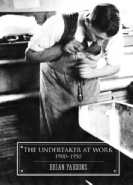
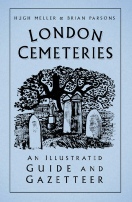





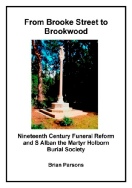


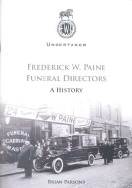

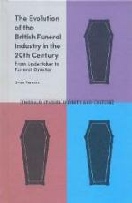



The Evolution of the British Funeral Industry



The Evolution of the British Funeral Industry in the 20th Century
by Brian Parsons
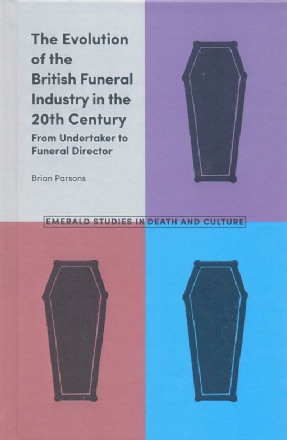
Published by Emerald Publishing, 2018
Hardback, with 272 pages, and 15 illustrations.
Price: £60.00
ISBN: 9781787436305
To Order: you can order copies via Emerald Publishing
Howard House
Wagon Lane
Bingley
BD16 1WA
In case of any difficulty in ordering, please feel free to contact me.

The Evolution of the British Funeral Industry in the 20th Century examines the shifts that have taken place in the funeral industry since 1900, focusing on the figure of the undertaker and exploring how organizational change and attempts to gain recognition as a professional service provider saw the role morph into that of ‘funeral director’. As the disposal of the dead increased in complexity during the twentieth century, the role of the undertaker / funeral director has mirrored this change. Whilst the undertaker of 1900 primarily encoffined and transported the body, today’s funeral director provides other services, such as taking responsibility for the body of the deceased and embalming, and has overseen changes such as the increasing preference for cremation, the impact of technology on the production of coffins and the shift to motorized transport. These factors, together with the problem of succession for some family-
Part of the series Emerald Studies in Death and Culture edited by Dr Ruth Penfold-